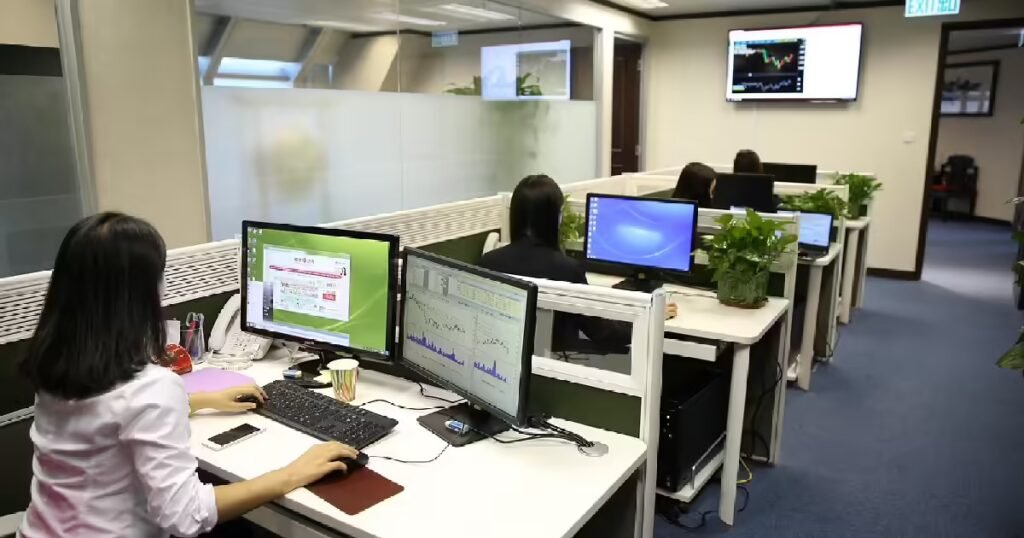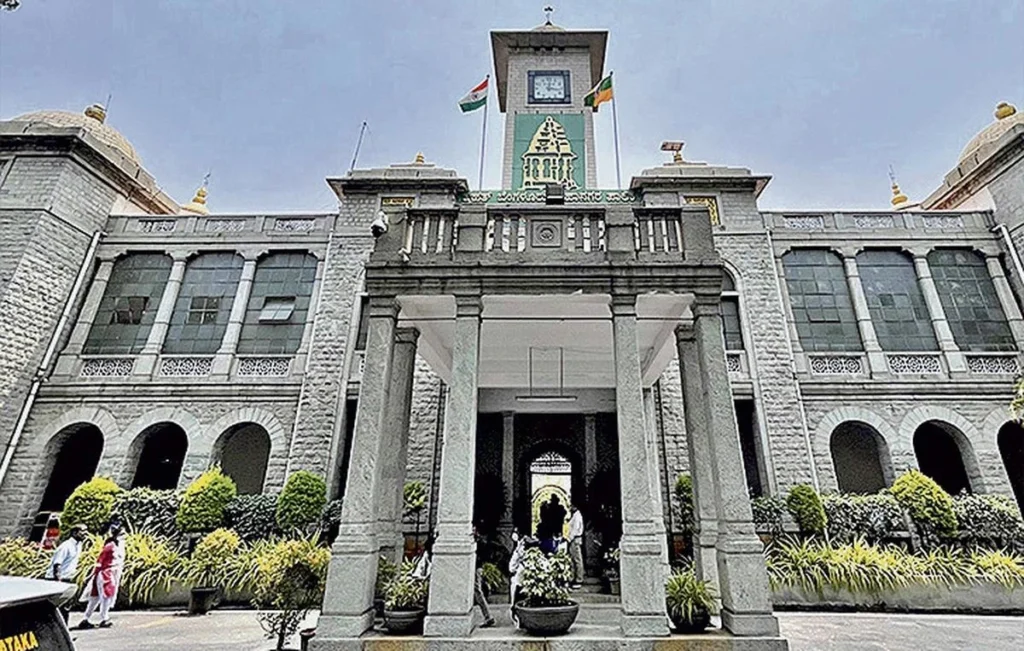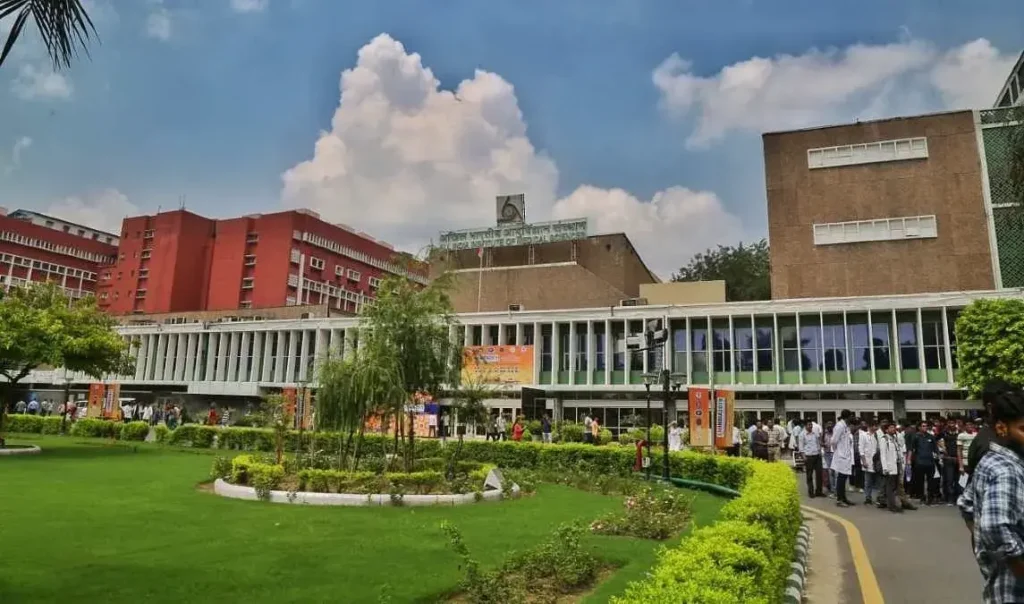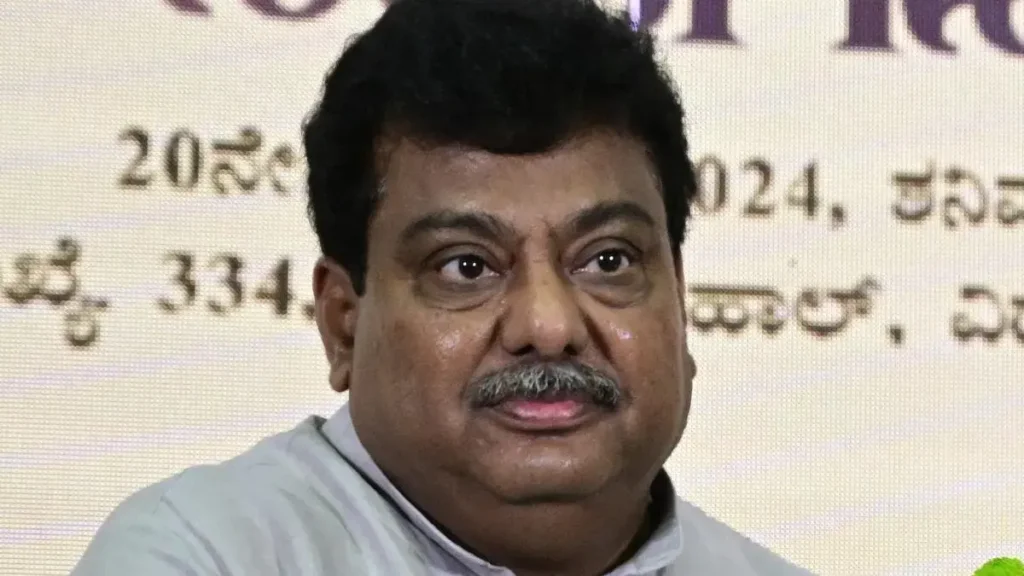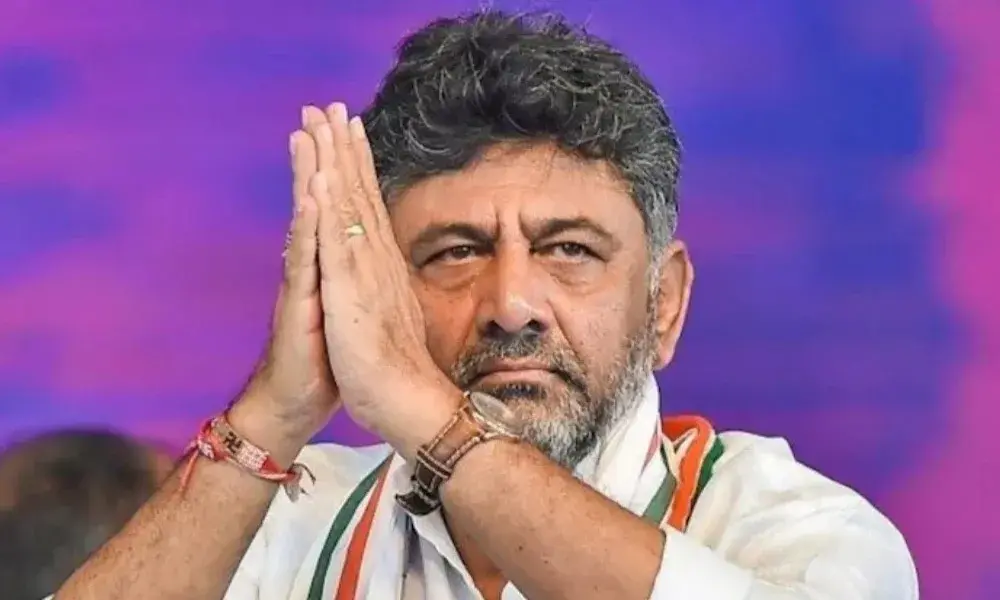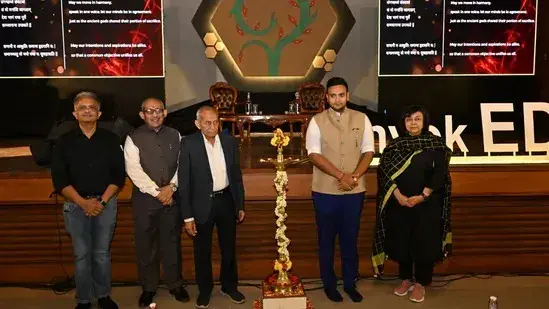Citigroup Shifts Nearly 1,000 Tech Roles to India After China Job Cuts
Citigroup has relocated around 1,000 technology positions to its Global Capability Centres (GCCs) in India following major layoffs in China, according to people familiar with the development. The transition, carried out in phases over the past few months, comes as part of the Wall Street bank’s ongoing global restructuring strategy. While Citi has not officially commented on the move, sources indicate that the decision aligns with a broader trend of multinational banks shifting more back-end and technology functions to India. The shift could accelerate further after former US President Donald Trump’s surprise policy proposal to charge $100,000 for new H-1B visa applications, making offshore support centres even more attractive. India’s GCC ecosystem has grown rapidly, now valued at about $64 billion, according to EY. Citigroup already employs roughly 33,000 professionals in India, mainly across hubs in Bengaluru, Chennai, Pune, and Mumbai. In June, Citi revealed plans to trim its China technology workforce by approximately 3,500 roles under its global simplification drive. The latest transfer of jobs to India is a key part of that transition. Source: Bloomberg
Citigroup Shifts Nearly 1,000 Tech Roles to India After China Job Cuts Read More »

